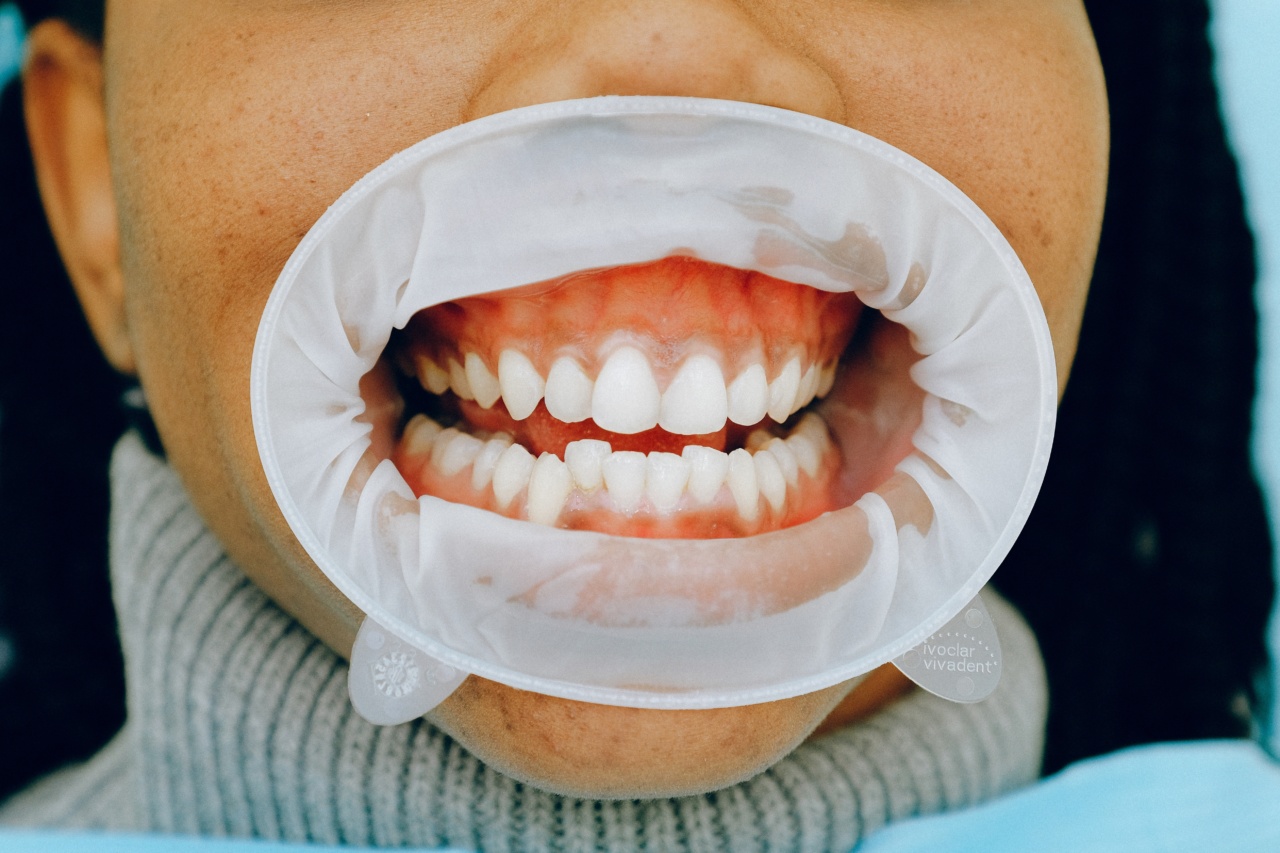As we age, we become more prone to dental problems and diseases. It is even more crucial that seniors take good care of their teeth and gums. Here are some oral health tips for seniors to follow:.
1. Brush and Floss Regularly
Senior citizens should make sure to brush their teeth at least twice a day with fluoride toothpaste. Flossing once a day is also essential for removing plaque and preventing gum disease.
In addition, seniors should consider using an antibacterial mouthwash to kill bacteria and freshen breath.
2. Watch Your Diet
A healthy diet is not only good for your overall health but also beneficial for your oral health. Seniors should choose a balanced diet consisting of fruits, vegetables, lean proteins, and whole grains.
Avoid sugary and acidic foods and drinks, as they can cause tooth decay and erosion.
3. Visit the Dentist Regularly
Regular dental check-ups are vital to maintaining good oral health. Senior citizens should visit their dentist at least twice a year for a comprehensive dental exam, including a professional cleaning.
This will help detect dental problems early and prevent more significant issues from developing.
4. Consider Dental Treatments and Appliances
If necessary, seniors can consider dental treatments and appliances that can help improve their oral health. For example, dental implants can replace missing teeth, dentures can restore a full smile, and braces can straighten crooked teeth.
Speak with your dentist to see what options are best suited for your needs.
5. Quit Smoking
Smoking not only affects your overall health but also your oral health. It can cause tooth discoloration, gum disease, and even oral cancer.
Senior citizens who smoke should consider quitting to reduce the risk of dental problems and improve their overall health.
6. Keep Dentures Clean and in Good Condition
For seniors who wear dentures, regular cleaning and maintenance are essential. Dentures should be cleaned daily with a denture brush and denture cleaner.
It is also important to store dentures in water or a denture solution to prevent them from drying out and cracking. Be sure to see your dentist if your dentures become loose or uncomfortable.
7. Practice Good Oral Hygiene Habits
Finally, it is essential to practice good oral hygiene habits regularly. This includes brushing and flossing daily, using mouthwash, eating a healthy diet, and visiting the dentist regularly.
By incorporating these habits into your daily routine, you can maintain good oral health and prevent dental problems from developing.




























